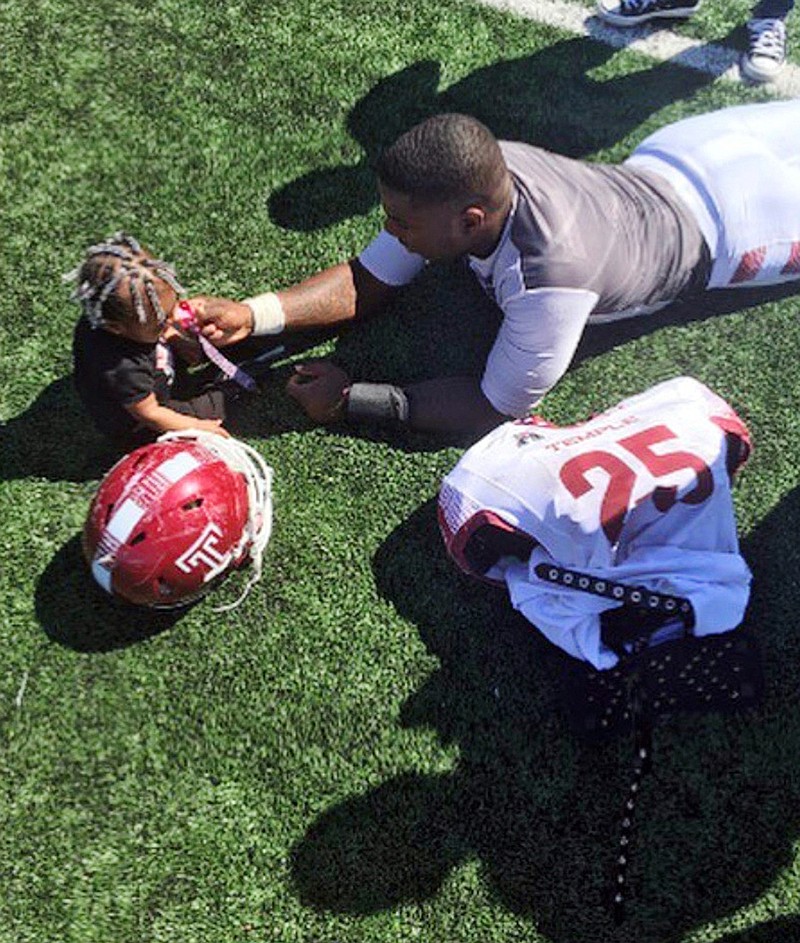Father's Day has come and gone, but we think Dad power should get daily attention. So guys, listen up: The latest research will show you how influential your choices are in determining the health and happiness of your future children.
It's easy to comprehend that a woman's lifestyle choices directly affect conception, the health of a fetus and the growing child. But our expanding knowledge of how everyday habits can turn genes on and off (for better and worse) and how those changes can be inherited by subsequent generations shines the spotlight on Dad's lifestyle choices. Add to that recent discoveries about how sperm is affected by guys' best and worst habits, and clearly it's time to take a look at the hidden power of Dad!
FYI: Your powers to influence conception and beyond start long before you're thinking about having a child.
1. A study from Harvard University found that young men who ate a typical Western diet packed with ultraprocessed foods and red/processed meats had lower sperm counts than those who consumed fish, chicken, vegetables, fruit and water.
2. A Norwegian study shows that men who were obese as teens have double the chance that their future offspring will develop asthma!
3. In addition, another lab study found that a diet lacking high-quality proteins (100% whole grains, legumes, lean animal protein like salmon) may trigger metabolic dysfunction, an altered gut biome and excess body fat in offspring.
4. Smoking cigarettes also reaches out through the years to alter the health and happiness of your sons-once they grow up! Turns out paternal smoking, whether it's before conception or while the baby is in utero, lowers total sperm count and causes less sperm concentration in adult sons! Plus, a lab study published in PLOS Biology found that when a future dad smokes, his children and grandchildren are at increased risk for hyperactivity, attention deficit and cognitive inflexibility.
So what can you do? A lot!
Exercise now. Lab research shows that when males exercise before conception, their children-as adults-have better glucose regulation, decreased body weight and decreased fat mass. Guys, that'll help your kids (and you, too) dodge diabetes, heart disease, depression and sexual dysfunction! So get 10,000 steps a day or the equivalent, plus two 30-minute strength-building sessions and 150 minutes of aerobic activity weekly.
Upgrade your nutrition. You want to eat more nutritiously for the health and brainpower of your offspring (and you). That means no red or processed meats; enjoy lean proteins like skinless poultry, salmon and sea trout. Eat seven to nine servings of fruits and veggies (including protein sources like legumes and whole grains) a day. Take a multivitamin with omega-3 DHA-half a pill in the morning and half at night. And have the majority of your calories before 3 p.m., as Dr. Mike suggests in his book, "What to Eat When."
Stop smoking. Spare your male child from damaged sperm and help both girl and boy children dodge developmental problems. Use patches; join a stop-smoking program (find programs in your area at 1-800-QUIT-NOW); keep trying.
Reduce exposure to potential toxins. Lab-based info is accumulating on the negative impact on offspring because of dad's exposure to phthalates, phthalate substitutes and BPA, hormone disruptors found in plastics, personal care products and cash register receipts. So avoid plastics and receipts when you can; opt for glass containers to store food; never microwave plastic. Look for personal care products marked as phthalate- and BPA-free.
Get and stay involved with your child after birth. A study out of the U.K. has found that when dads are highly involved in caring for an infant in the first three months of life, that child does noticeably better on cognitive tests at age 2.
Creating a great "dad bod" can be healthy in the short term for Dad, and with some effort, the results will help create a healthier, happier family through the generations.

